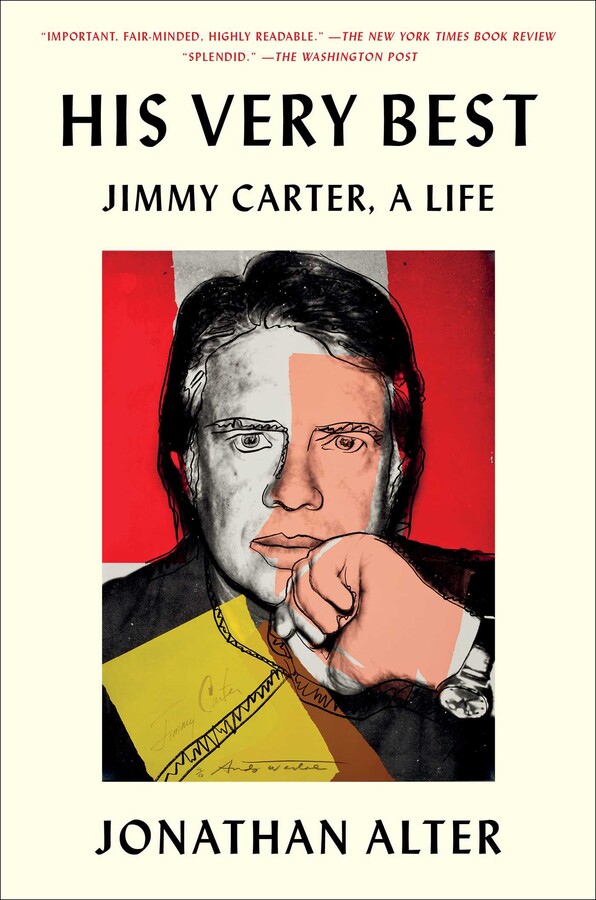TN: Let me introduce a couple of topics I’d love to see you both discuss. The first is economic deregulation. The other is the Iranian revolution. Does [Carter] have any retrospective regrets on either of those subjects?
KB: Well, the Iran revolution, yes, he has regrets. I write a lot about the Iran revolution. I argue that it was really an organic thing, it was going to happen, there was nothing much that Carter could do to save the Pahlavi regime. It was falling apart, and had become very unpopular by the mid-’70s. Just like we’ve witnessed with the Afghanistan situation, things moved very fast. There’s nothing he could have done to save the shah.
I think his one regret about Iran is that he gave political asylum to the shah. He resisted for months and months. David Rockefeller and John McCloy—the subject of my first biography—and [Henry] Kissinger formed this formal lobbying operation that they dubbed “Project Alpha.” They allocated a budget for it, they hired a publicist, they set up a calendar where each of them would contact at least one high-ranking Carter administration official, if not the president, each week, to lobby for the shah to be admitted. And Carter just resisted it, and you can see in his diary he worries that if he does this, perhaps, the passion in the streets of Tehran will be such that the embassy could be attacked and hostages would be taken. And of course he was right.
He finally gives in late October of ’79, and a few days later the embassy is taken over and we have 444 days of hostages and it’s a body blow to his chances of reelection.
JA: Very quickly on deregulation. He did not engage in deregulating Wall Street in any significant way. This was deregulation of the airline industry, which he did with Ted Kennedy, [and] the trucking industry, which, I argue, set up the just-in-time delivery system that is one of the foundations of today’s economy. And railroad rates—a whole series of industries that his wonkiness led him to do, and he had some really smart people working on it for him, and they did a lot to set up the success of the economy in the ’80s, without really doing any damage. He didn’t do any deregulation on health and safety.
Kai and I both mention a lot of lesser examples. They deregulated the beer industry, allowing microbreweries. But I don’t think that, separate from a few Carter aides, anybody, when they hoist their microbrew, toasts Jimmy Carter. But they should.

